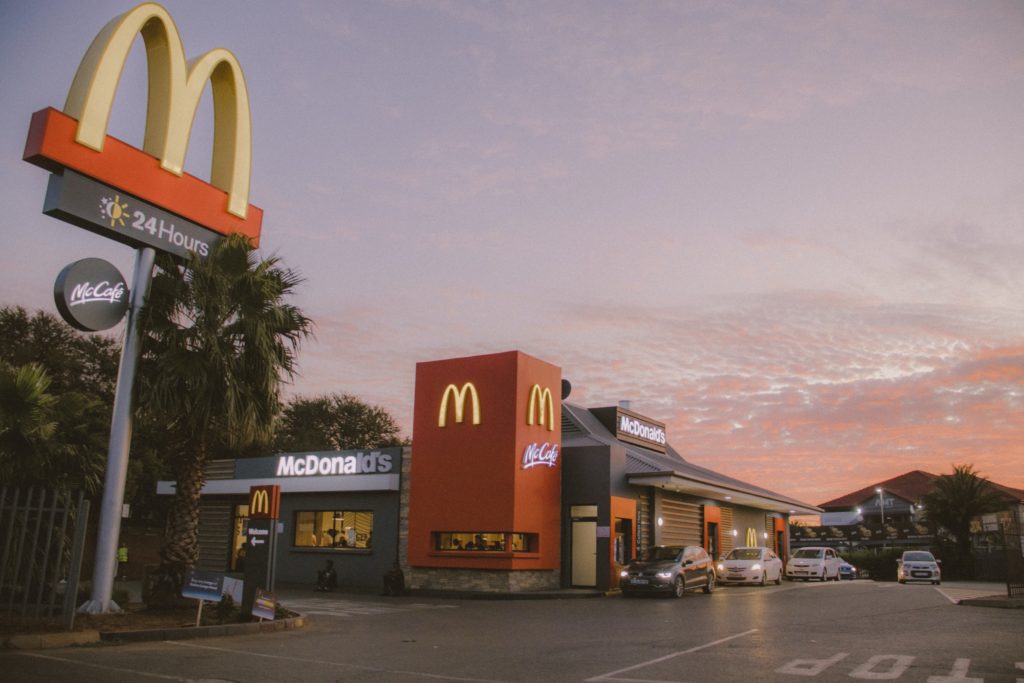The future of fast food – Johan Fourie

South Africa’s fast food industry is a textbook example of a competitive industry. No franchise dominates the market: while KFC is the biggest, there are at least twenty other brands with at least 30 stores. Think of Steers, Debonairs, Wimpy, Nando’s, McDonalds, Fishaways, and King Pie, to name just a few.
And there are always new entrants. In 2018, the celebrated owner and chef of Overture, Bertus Basson, opened De Vrije Burger, a burger and chips fast food joint in Stellenbosch. I asked him what he learned about fast food that he did not know before. ‘Firstly, fast food in many respects is an easier business model to manage than serious sit-down restaurants. Because our fast food model is more linear, it was easier to equip our team to be specialists in their field. The self-service model can be very successful. Focussing on only one thing adds speed and quality in delivery.’
With the focus on speed in an already competitive environment, one would imagine that there is little room for further efficiency gains. But that would be wrong, as a recent Predictive Insights report reveals. Predictive Insights combines economic theory and machine learning to make better predictions. I asked founder and CEO, Rulof Burger, to explain how it is that their machine learning tools helped Hungry Lion to reduce wasteful spending by 14%.
‘Having accurate predictions of how busy a restaurant will be in the future when making operational decisions – like scheduling workers, stock replenishment or food preparation – can empower managers to make better decisions. Managers in restaurants, much like managers in other industries, have hundreds of little decisions to make, all of which impact the profitability of the company. They simply don’t have the time to consider all the necessary information carefully when making these decisions. Having access to a tool that recommends the number of workers that will be needed on different days and on different times of the day can help avoid having too few workers in a restaurant during busy times, or having too many workers on quiet times.’
‘In the case of Hungry Lion, their CEO suggested that we run a “man versus machine” forecasting competition to demonstrate to some of the more reluctant managers that the “machine” can outperform human forecasting. Not surprisingly, the machine outperformed the managers consistently and by quite a large margin on average.’
Original article: https://www.johanfourie.com/2021/09/27/fast-food/